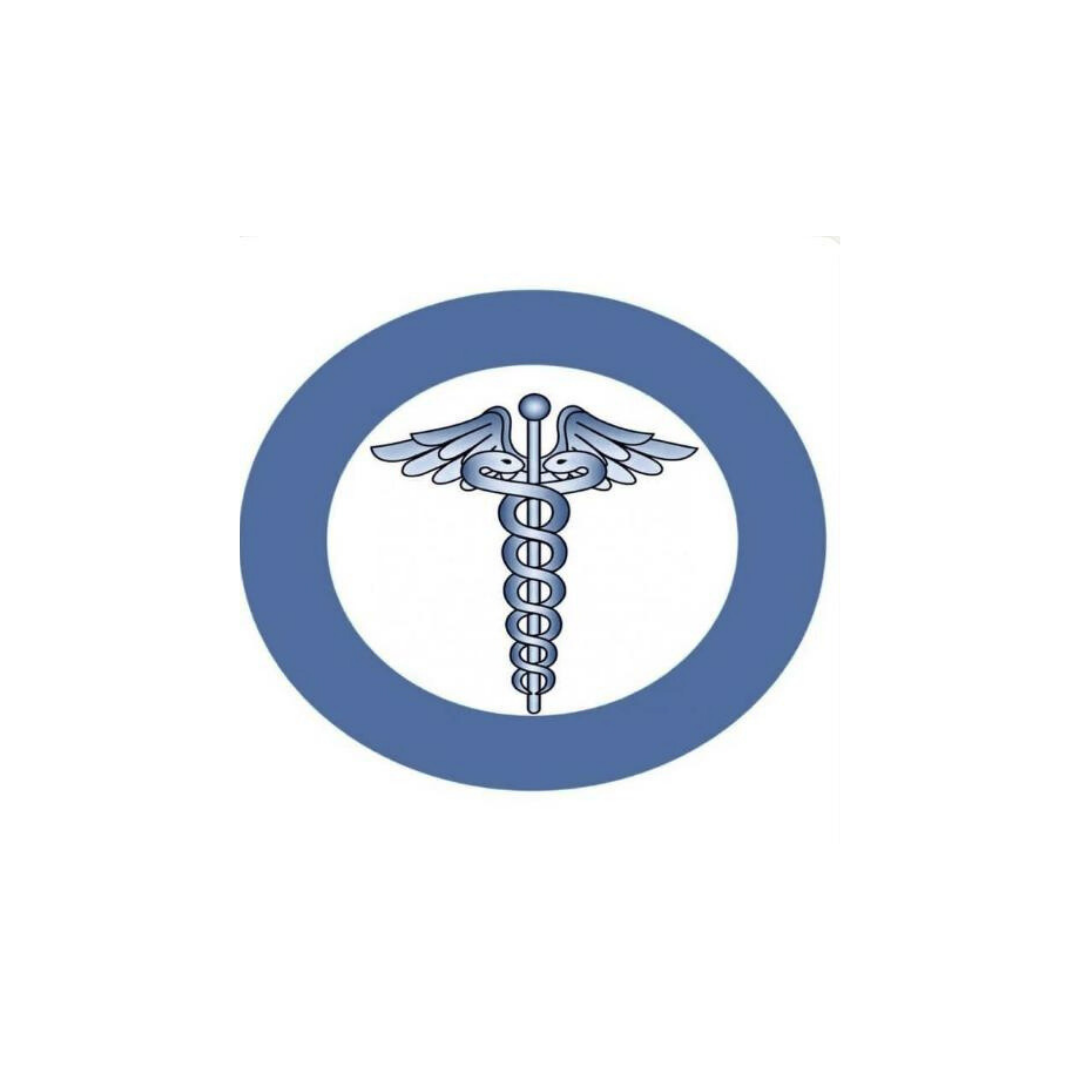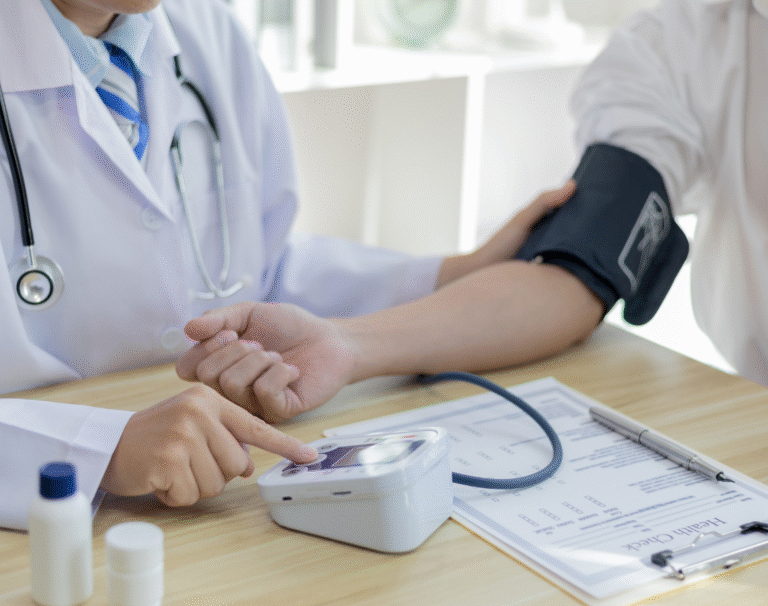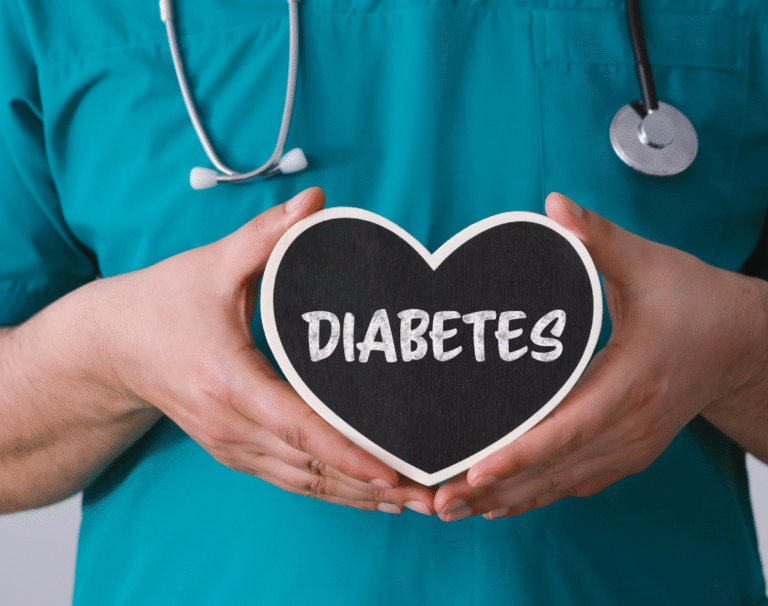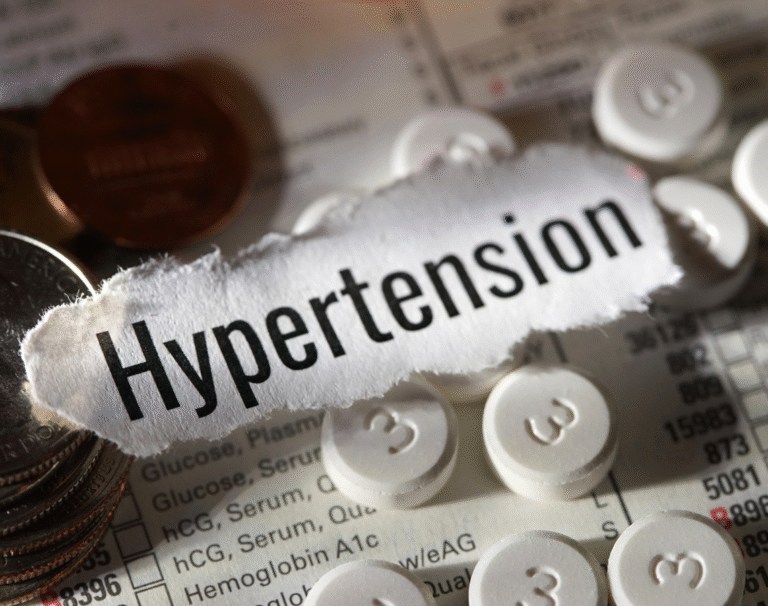Book Appointment Now
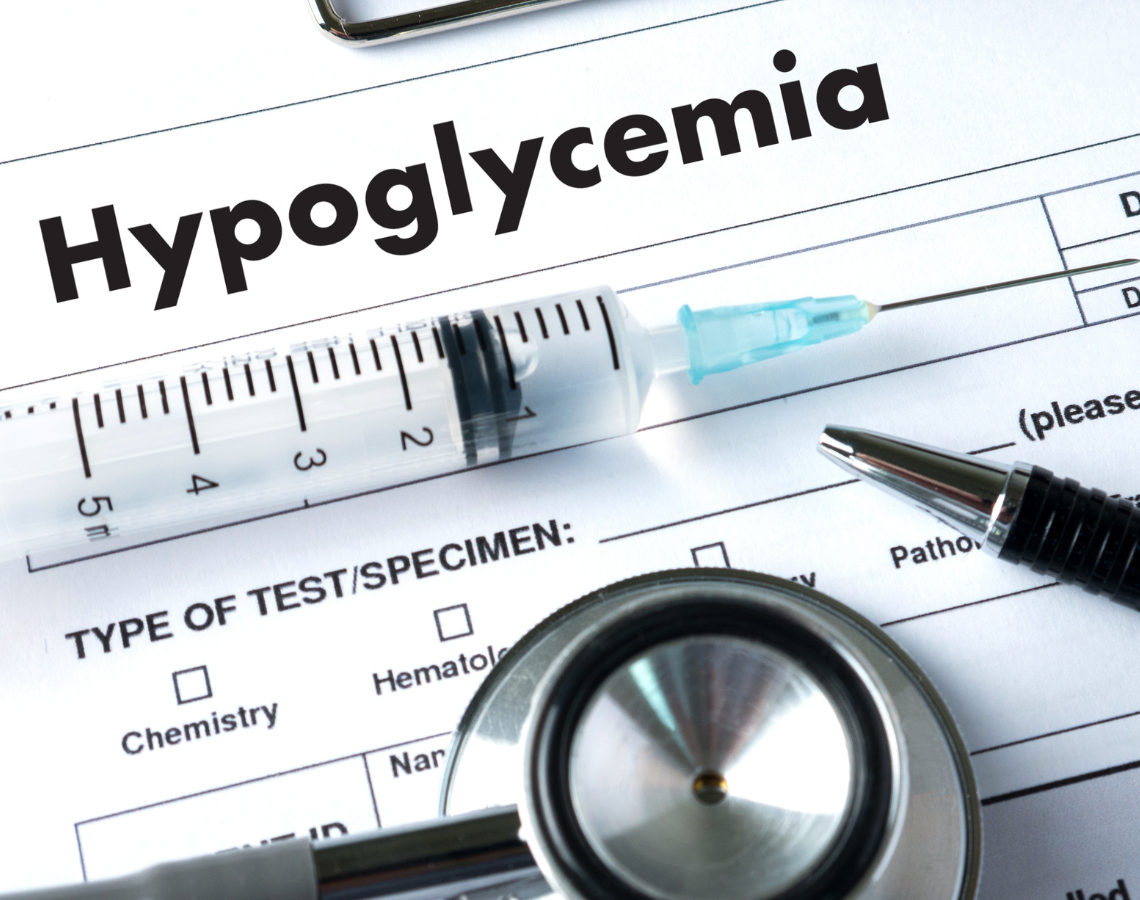
Hypoglycemia
- On
- InHealth
Hypoglycemia, commonly referred to as low blood sugar, is a condition where the glucose level in the blood drops below normal. Glucose is essential for the body’s energy needs, especially for the brain. When glucose levels fall too low, the body’s normal functioning can be disrupted, leading to both mild and severe symptoms.
Although hypoglycemia is most commonly associated with diabetes, it can also occur in people without diabetes under certain conditions. Prompt recognition and treatment of hypoglycemia are essential to avoid potentially serious complications.
What Causes Hypoglycemia?
In people with diabetes, hypoglycemia often results from:
-
Taking too much insulin or diabetes medication
-
Skipping meals or eating later than usual
-
Overexercising without adjusting food intake or medication
-
Drinking alcohol, especially without food
In people without diabetes, it may occur due to:
-
Certain medications or medical conditions
-
Long periods without food (fasting hypoglycemia)
-
Excessive alcohol consumption
-
Rare tumors like insulinomas
-
Hormonal imbalances or critical illnesses
Understanding the root cause is important for effective management.
Symptoms of Hypoglycemia
The symptoms can vary from mild to severe and may come on quickly. Common signs include:
-
Shaking or tremors
-
Sweating
-
Hunger
-
Rapid heartbeat
-
Dizziness or lightheadedness
-
Anxiety or irritability
-
Fatigue or weakness
-
Blurred vision
-
Headache
-
Difficulty concentrating
If left untreated, severe hypoglycemia may lead to confusion, seizures, unconsciousness, or even death. People who experience hypoglycemia frequently may develop hypoglycemia unawareness, a condition where early warning signs are not felt, making the situation even riskier.
Treating Hypoglycemia
The standard treatment for hypoglycemia is quick intake of fast-acting carbohydrates:
-
Glucose tablets
-
½ cup of fruit juice or regular soda
-
1 tablespoon of sugar or honey
-
Hard candy
After treating, it’s advised to recheck blood sugar after 15 minutes. If levels remain low, the treatment should be repeated. This approach is often referred to as the “15-15 Rule.”
In cases of severe hypoglycemia where the person cannot eat or drink, a glucagon injection may be required. Emergency medical help should be sought immediately.
Preventing Hypoglycemia
Here are some key steps to reduce the risk of hypoglycemia:
-
Eat meals and snacks at consistent times
-
Monitor blood glucose regularly
-
Avoid skipping meals
-
Adjust insulin or medication around exercise
-
Limit alcohol and always pair it with food
-
Work with a healthcare provider to personalize your treatment plan
Living Confidently with Hypoglycemia
With awareness, education, and the right care, hypoglycemia can be effectively managed. Individuals with diabetes should always carry a source of fast-acting sugar and wear medical identification. Keeping family and friends informed about how to help in an emergency is also important.
At our clinic, we specialize in diabetes and metabolic care, helping patients prevent, identify, and manage hypoglycemia with confidence. Whether you’re newly diagnosed or struggling with frequent lows, we’re here to support you every step of the way.
Don’t let low blood sugar disrupt your life—get expert guidance and live healthy, safely, and informed.
Newsletter Updates
Enter your email address below and subscribe to our newsletter
